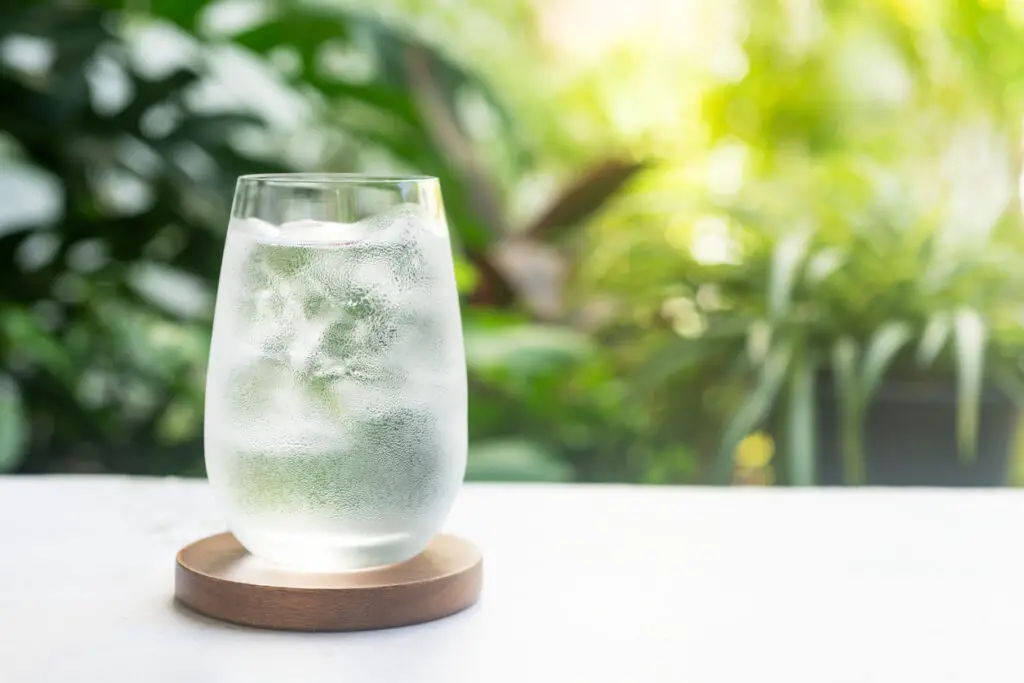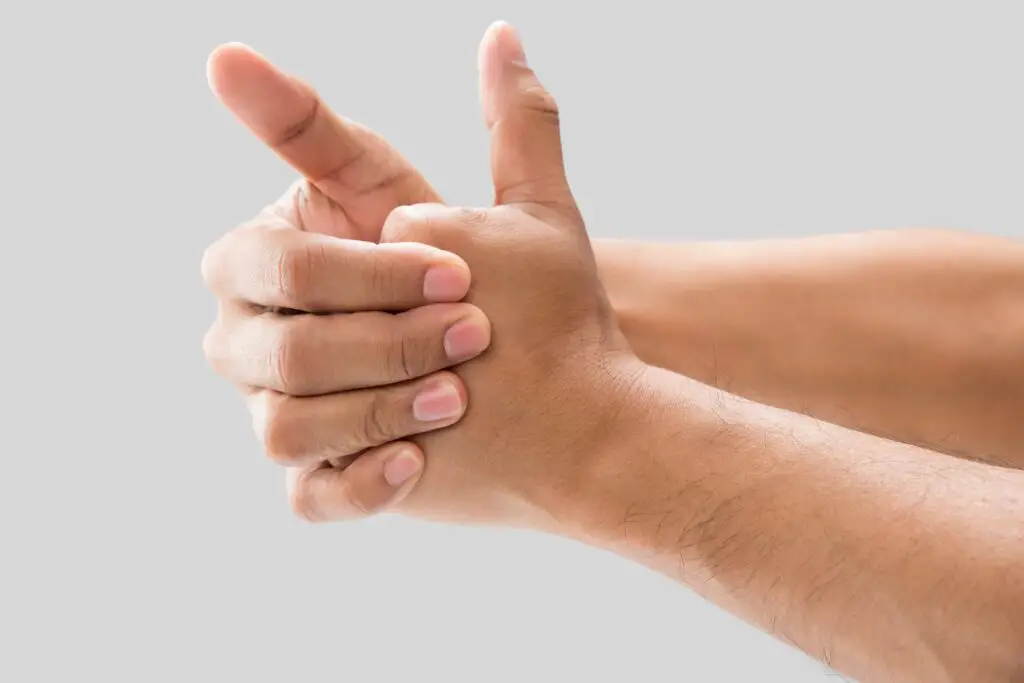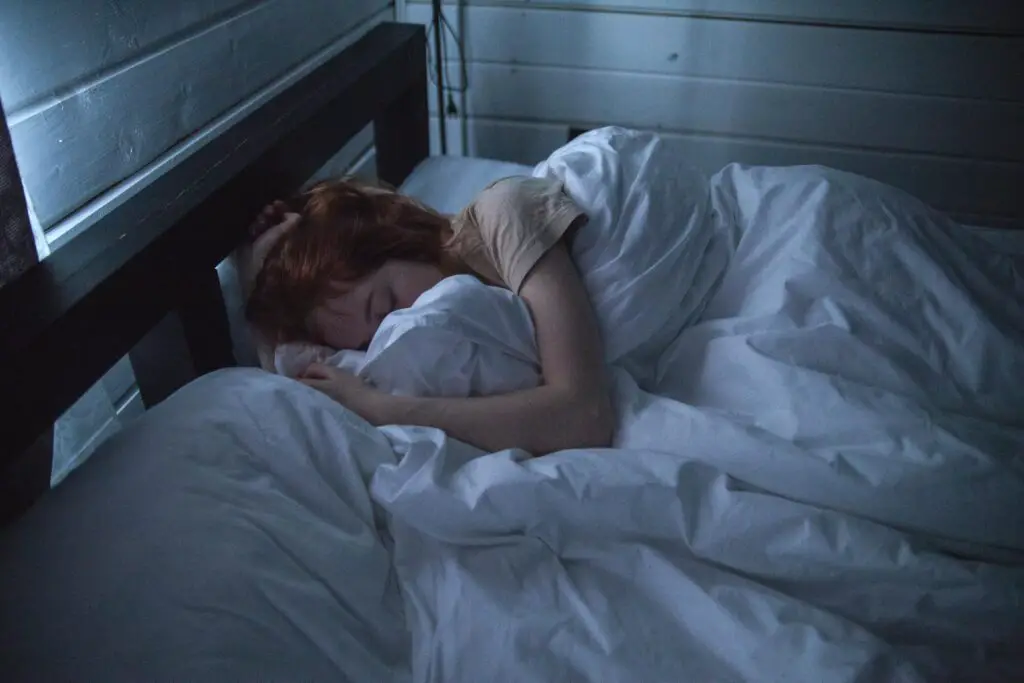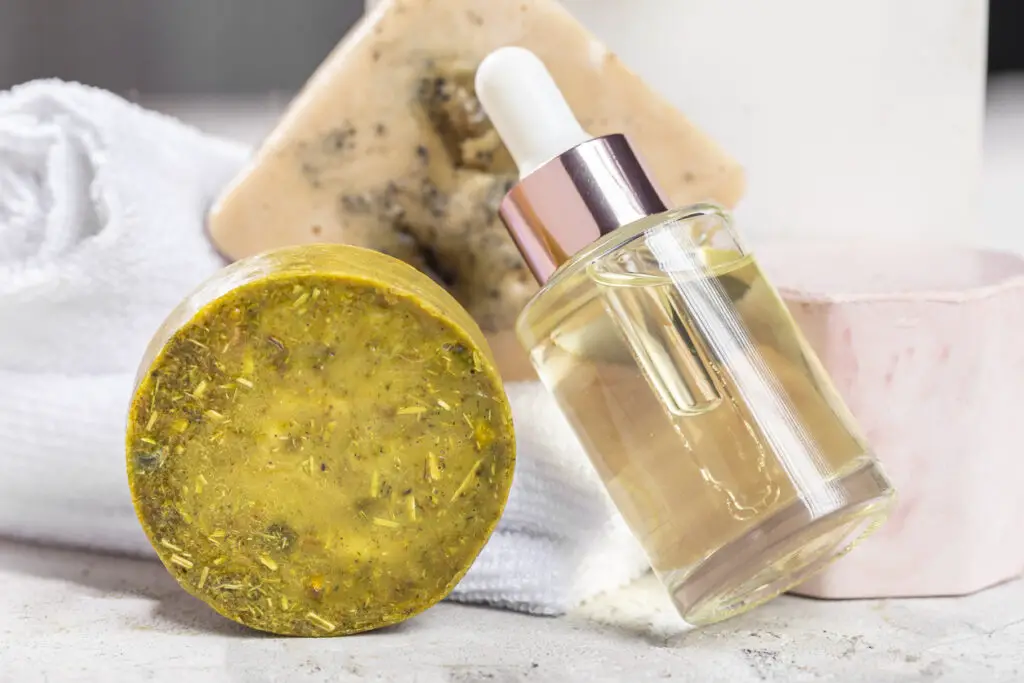1. You Need to Drink Eight Glasses of Water a Day

We’ve all heard it—eight glasses of water a day or else! But the truth is, that number isn’t some magical health formula. It came from a general recommendation back in the 1940s, and somehow it stuck around like an old wives’ tale. The reality is that your hydration needs depend on your body, your activity level, and even the climate you live in. You might get plenty of water from your food, coffee, or other drinks throughout the day without even thinking about it says the Mayo Clinic.
Doctors today will tell you to listen to your body. If you’re thirsty, drink water. If your urine is light yellow, you’re probably doing just fine. There’s no need to walk around chugging water just to hit an arbitrary number adds Harvard Health.
2. Cracking Your Knuckles Causes Arthritis

If you grew up being scolded for cracking your knuckles, you’re not alone. That little pop always seemed to invite doom from concerned adults. But despite the warnings, cracking your knuckles does not cause arthritis. That sound comes from air bubbles in your joint fluid, not from your bones grinding into each other says IFLScience.
Multiple studies have looked into this and found no link between the habit and arthritis. Sure, excessive cracking might cause temporary swelling or discomfort, but arthritis? Nope. Doctors today roll their eyes at this one—it’s just not true. If anything, it’s just annoying to everyone around you shares the Washington Post.
3. You Lose Most of Your Body Heat Through Your Head

This one started with a military study where soldiers were bundled up everywhere except their heads. Naturally, they lost heat through the only part exposed—their heads. But that doesn’t mean your head is some sort of radiator pumping out 80% of your body heat all the time. In truth, heat escapes from any uncovered area, not just your noggin.
Today, we know the body loses heat evenly unless something’s left exposed. So yes, a hat helps when it’s freezing, but you’re not doomed if you forget one. Your head is just another part of the body—not some special heat-loss zone. Doctors might smirk at this one, especially in winter.
4. You Should Always Finish Your Antibiotics

Remember being told to take every single pill, even if you felt fine after two days? That advice was well-meaning, but it’s not exactly up-to-date. More recent research shows that shorter courses of antibiotics are often just as effective, and finishing a full course when it’s no longer necessary might actually do more harm than good. It can increase antibiotic resistance and throw off your gut bacteria.
Doctors now emphasize using antibiotics wisely. If your doctor tells you to stop early, it’s not because they forgot—they’re following new science. The old “finish the bottle no matter what” advice is just that: old. Today, it’s more about tailoring treatment to the individual.
5. Eating Late at Night Makes You Gain Weight

The clock doesn’t determine your metabolism—your overall calorie intake and activity levels do. For years, people avoided anything edible after 7 PM like it was poison. But unless you’re overeating or making poor food choices late at night, the time itself isn’t the culprit. Weight gain is about long-term habits, not late-night snacks.
Some people actually need a late snack to sleep well, especially if they work out in the evening or eat early dinners. What matters more is what you’re eating and how much. A healthy snack won’t sabotage your goals. So don’t stress about the time—just keep portions reasonable.
6. Sugar Makes Kids Hyper

It’s the myth that just won’t die. Parents everywhere have blamed cupcakes and soda for their kids bouncing off the walls, but research consistently says otherwise. Multiple studies have found that sugar doesn’t actually cause hyperactivity in children. The reaction is often more about expectations than biology.
That said, sugar can lead to blood sugar spikes and crashes, which might cause irritability—but that’s different from hyperactivity. If kids are excited at a birthday party, it’s probably the party, not the frosting. Doctors smile politely when this one comes up, but they know the science. Sugar might be a problem for other reasons, but making kids hyper isn’t one of them.
7. You Should Poop Every Day

This myth probably caused more unnecessary worry than we’ll ever know. While regularity is a good thing, pooping daily isn’t the gold standard for everyone. Some people go three times a day, others three times a week—it all depends on what’s normal for you. The real red flags are changes in your routine or pain, not missing a day.
Doctors focus more on comfort and consistency than numbers. If you feel fine and aren’t straining or bloated, you’re probably doing just fine—even if it’s been a couple of days. Trying to force daily movements with laxatives can actually backfire. Your body knows what it’s doing.
8. You Can Sweat Out Toxins

You’ve probably heard someone say they “sweat out” last night’s wine or junk food at the gym. But your sweat glands aren’t your detox center—your liver and kidneys handle that job. Sweating cools your body, not cleans your bloodstream. Yes, trace amounts of toxins might come out in sweat, but not in any meaningful way.
That doesn’t mean exercise isn’t good for your overall health. It helps your organs work better and improves circulation. But sitting in a sauna won’t “cleanse” you like magic. Doctors love exercise, but they cringe at the detox myth.
9. You Only Use 10% of Your Brain

This idea has been repeated so often, it’s basically folklore now. But it’s completely wrong. Brain scans show that we use all parts of our brain, even when we’re asleep. Different tasks light up different areas, and nothing is just sitting there collecting dust.
The 10% myth likely came from a misunderstanding of neurological research a century ago. It’s catchy, but not true. Your brain is working harder than you think, even when you’re just daydreaming. So if you’ve ever felt like you’re not “tapping into your full potential,” rest assured—your brain is doing plenty.
10. Cold Weather Makes You Sick

Grandma always warned you to bundle up or you’d “catch a cold.” But viruses—not temperatures—make you sick. Cold weather might contribute to conditions that help viruses spread (like people staying indoors), but the temperature itself isn’t the villain. You could walk barefoot in the snow and still stay healthy, as long as you’re not exposed to germs.
Doctors now explain that colds are caused by close contact with infected people, not the chill in the air. So yes, wear your coat to avoid frostbite, but don’t blame the cold for your runny nose. Wash your hands, keep your immune system strong, and you’ll be fine. Grandma meant well—but science says otherwise.
11. If You Swallow Gum, It Stays in Your Body for Seven Years

This one sounds horrifying—gum stuck in your belly like a wad of glue for seven years. But thankfully, it’s not true. While gum is hard to digest, it doesn’t just camp out in your intestines forever. Your body moves it along with everything else and usually expels it within a few days.
That said, swallowing large amounts of gum regularly could cause a blockage, especially in kids. But for the average person who accidentally swallows a piece now and then, it’s no big deal. Your digestive system is smarter than you think. So you can stop panicking over that piece of Juicy Fruit from 2018.
12. You Can Catch Up on Sleep Over the Weekend

The idea of “sleep debt” is tricky. Yes, you can feel better after sleeping in on Saturday, but it doesn’t completely undo a week of sleep deprivation. Chronic lack of sleep affects everything from your mood to your metabolism, and one long snooze isn’t enough to fix that. It’s more like applying a band-aid than healing the wound.
Doctors recommend consistent sleep routines over “binge sleeping.” Your body loves rhythm—going to bed and waking up at the same time helps regulate hormones and energy. So while sleeping in feels great, it’s not a long-term solution. Your best bet? Prioritize sleep all week, not just on Sundays.
13. Natural Means Safe

This one trips up a lot of people. Just because something is labeled “natural” doesn’t mean it’s safe or healthy. Arsenic is natural. So is poison ivy. Plenty of natural substances can cause harm if used incorrectly or in the wrong amounts. The term “natural” isn’t regulated in the same way as “organic” or “FDA-approved,” so it can be pretty meaningless.
Doctors caution patients to be skeptical of buzzwords. Always check the science, not just the label. Natural remedies can be helpful, but they’re not risk-free. And when in doubt, talk to a healthcare professional—not just a wellness influencer.
